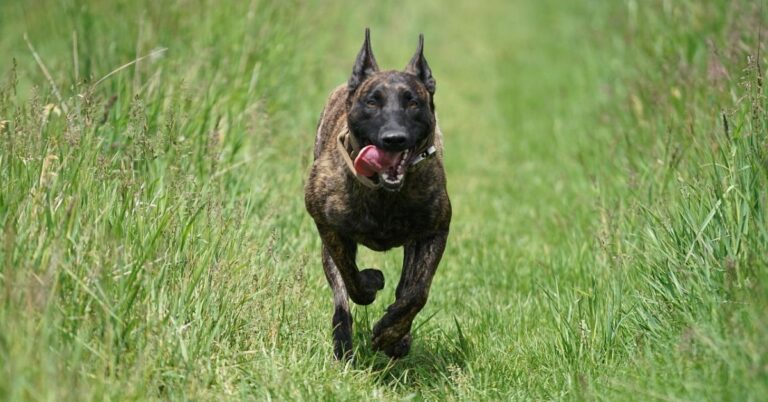15 Dog Breeds That Are Easier to Train Than Others
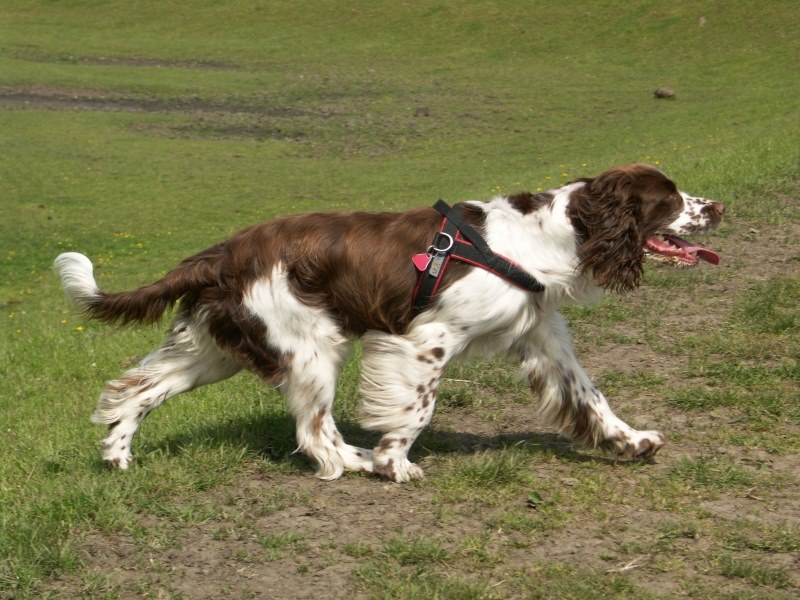
Some dogs pick up commands like it’s second nature, while others prefer doing their own thing. If you want a dog that listens, learns quickly, and is eager to please, breed really does matter. These 15 dog breeds are known for being easier to train than most, thanks to their intelligence, focus, and love for making their humans happy.
Border Collie
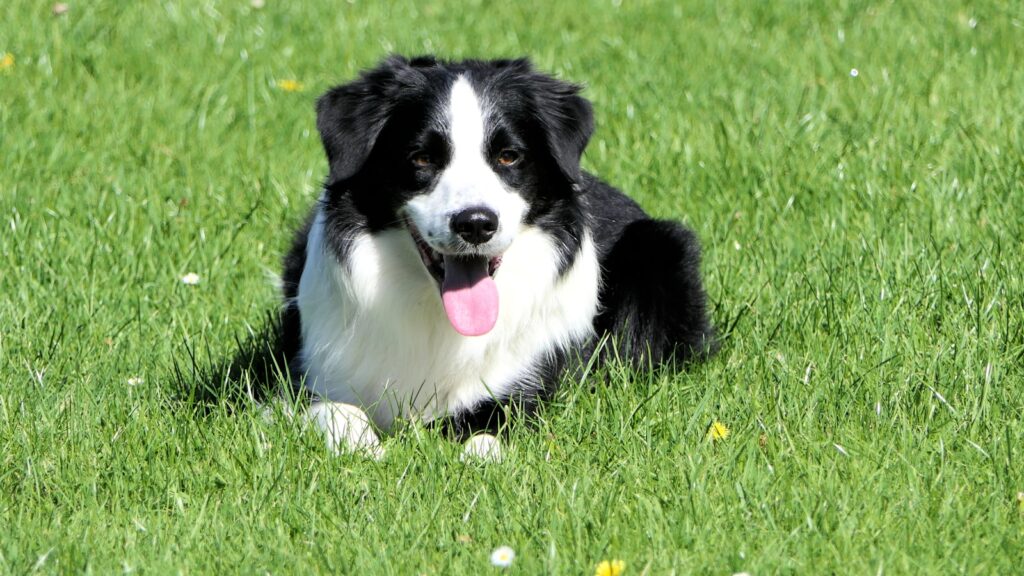
Often called the smartest dog breed, Border Collies are like the honor students of the dog world. They pick up new commands fast and love having a job, whether it’s herding, agility training, or learning tricks. With the right energy outlet, they can be incredibly obedient and focused. Just be ready: they need mental and physical stimulation daily, or they’ll start making their own fun.
Labrador Retriever
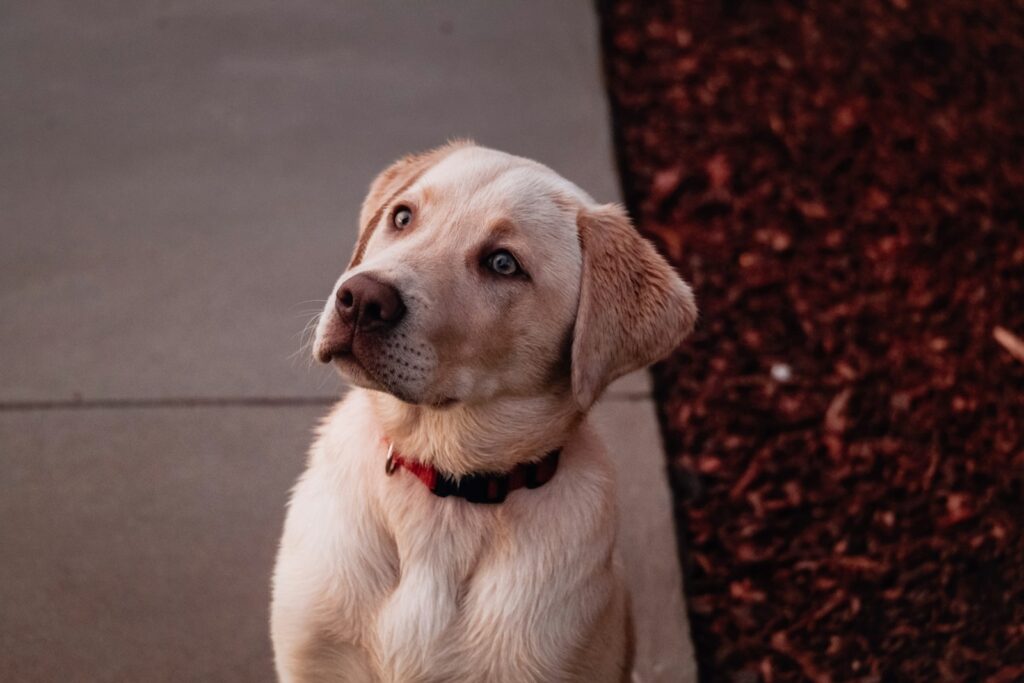
Labs are friendly, eager to please, and love working with people, which makes training feel like a game to them. If you’re teaching them to fetch, walk nicely on a leash, or help as a service dog, they catch on fast. Their even temper and love of food also make them highly reward-motivated, which is a dream for anyone new to dog training.
Golden Retriever

Gentle, social, and smart, Golden Retrievers have a strong desire to please their humans, which makes them easy to teach. They’re often used as therapy and assistance dogs because they stay calm, listen well, and respond to directions. Training a Golden is usually smooth and positive, especially when treats and praise are involved. They’re basically furry people-pleasers who just want to get it right.
Poodle

Poodles are not just fancy-looking, they’re brainy and alert, too. Whether it’s a Standard, Miniature, or Toy Poodle, they’re fast learners who enjoy routines and challenges. They’re also sensitive to their owners’ tone and mood, which means they respond best to positive reinforcement. Combine that with their athletic ability, and you’ve got a dog that’s easy to teach and fun to work with.
German Shepherd
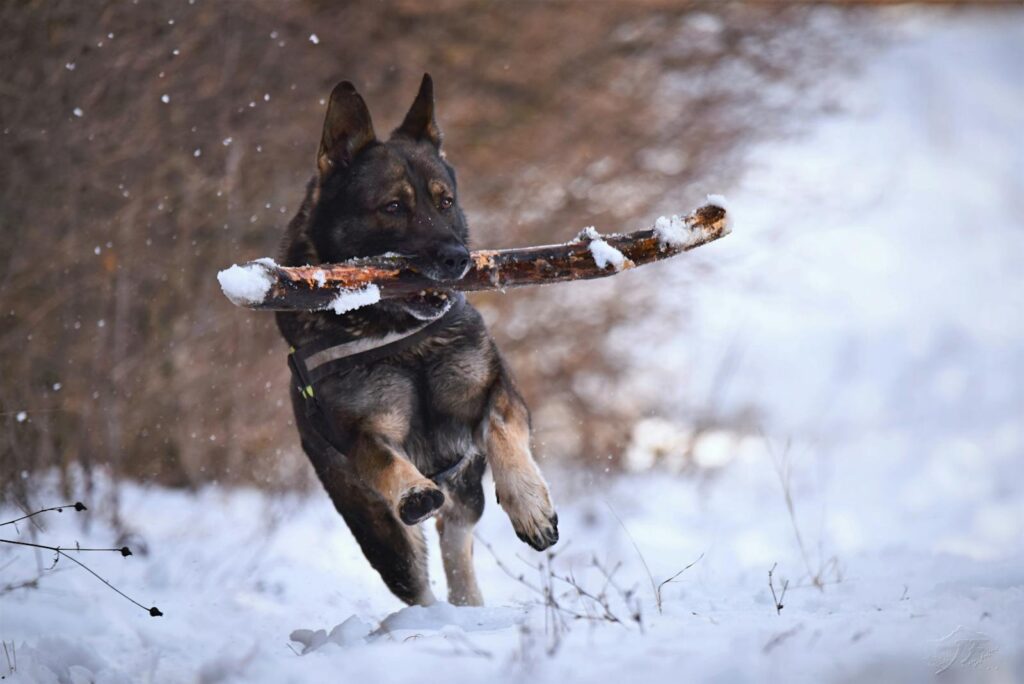
Known for being strong, loyal, and incredibly smart, German Shepherds are often trained for police, military, and service work. They take direction seriously and want to do the right thing, so once they bond with their owner, they’ll learn commands quickly and follow them with precision. These dogs need a firm but loving trainer and do best with consistency and clear rules.
Shetland Sheepdog
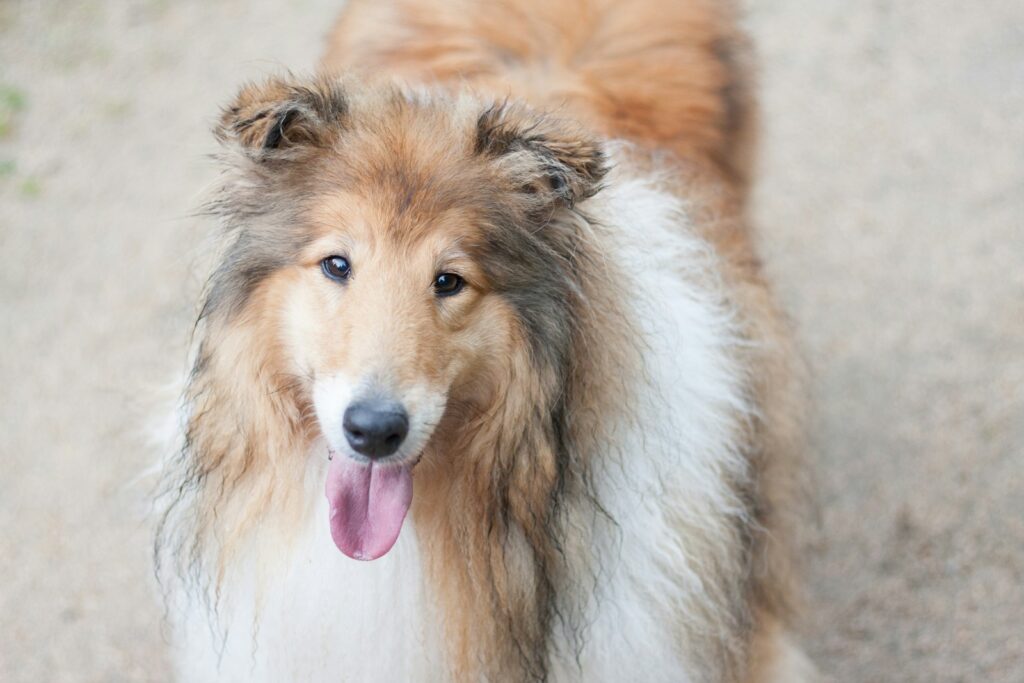
These small herding dogs are like miniature Border Collies—they’re quick, sharp, and love learning. Shelties are incredibly responsive to their owners and can master complex commands with ease. They’re also known for being very in tune with their people’s emotions, which makes training even smoother. If you’re looking for a smart, sensitive companion that listens well, this breed’s a solid pick.
Doberman Pinscher
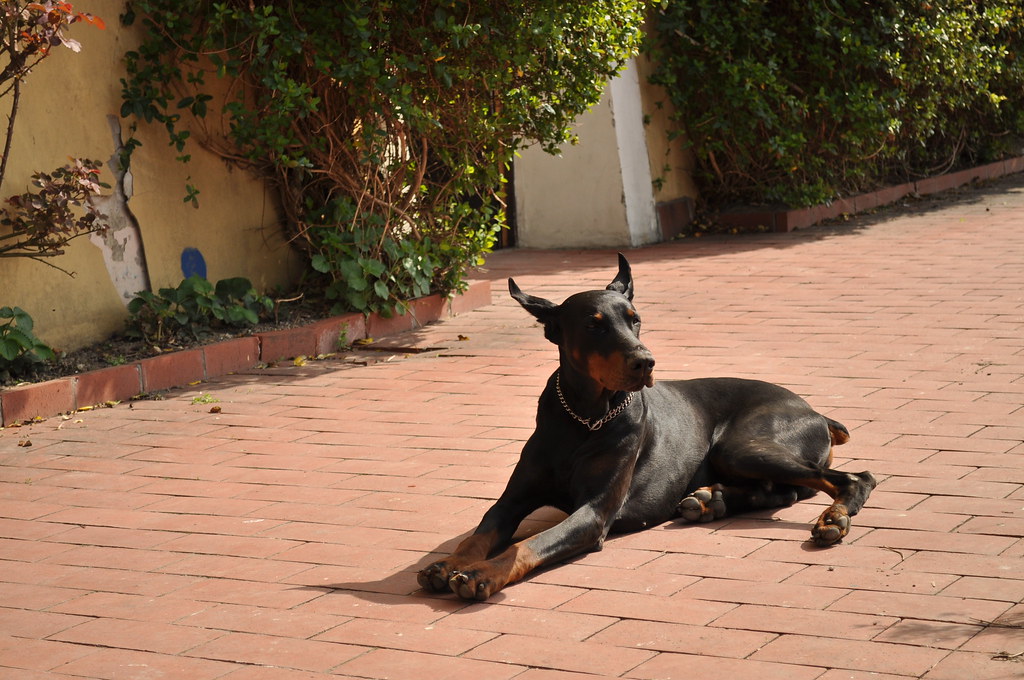
Dobermans are often misunderstood, but they’re actually incredibly smart and loyal dogs who thrive on structure. When properly trained, they are obedient, responsive, and eager to make their humans proud. They like having a strong leader and do best with consistent, confident handling. Their intelligence and focus make them excellent for advanced training, especially when they start young.
Papillon
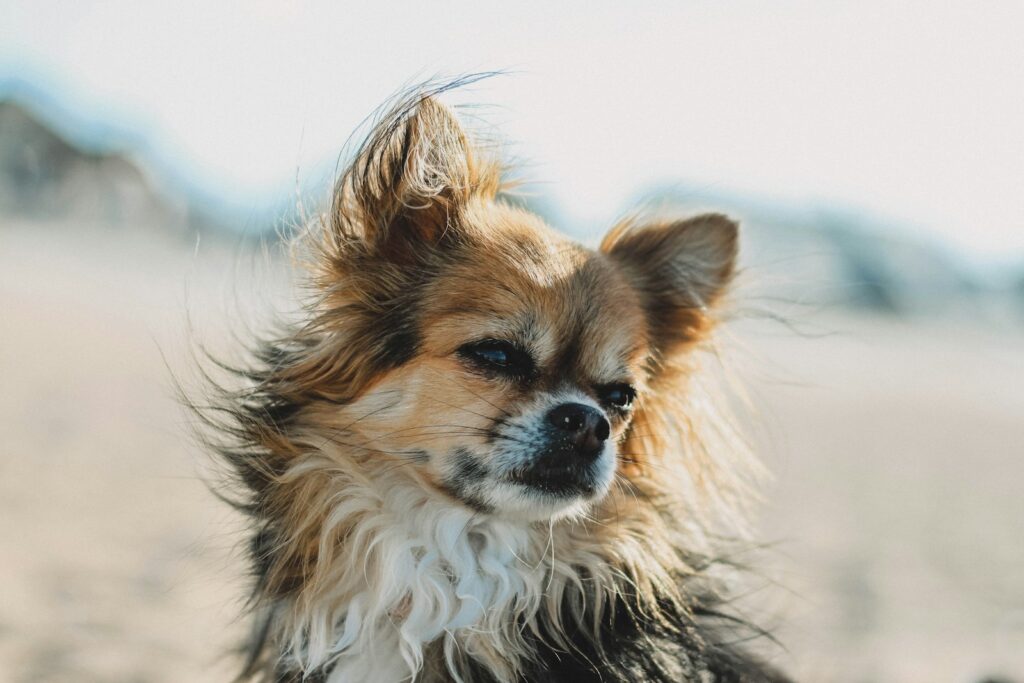
Papillons are clever and full of energy. These little dogs love learning tricks and excel in obedience competitions. They’re extremely attentive and want to be involved in everything you do, which makes them super responsive to training. With positive reinforcement, they can learn just about anything—and they love showing off.
Australian Shepherd
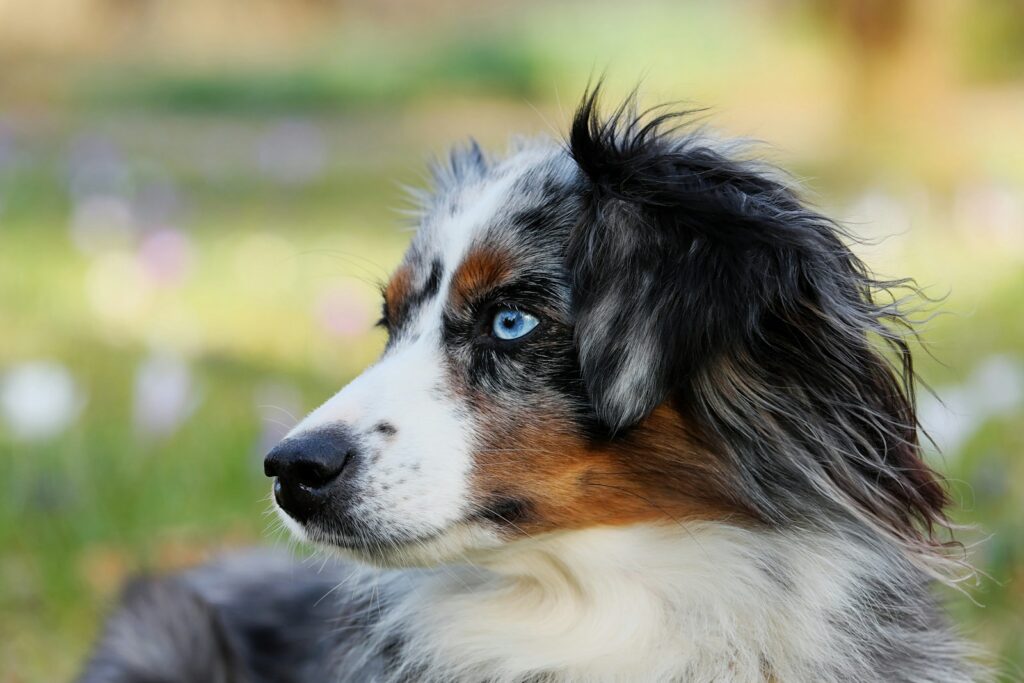
Energetic and extremely smart, Australian Shepherds are natural workers who live to learn. They respond well to positive training and crave activities that challenge them both mentally and physically. This breed loves structure and routines, so if you keep training sessions interesting, they’ll give you their full attention. They thrive when they have a job, so even basic tasks can become exciting for them.
Belgian Malinois
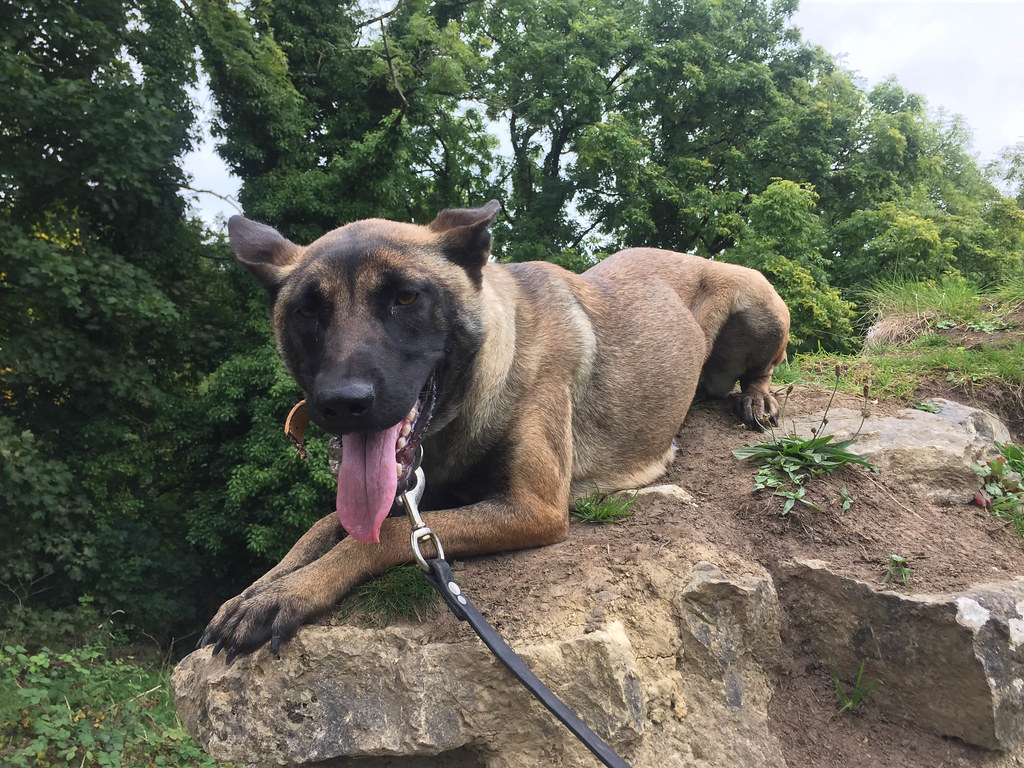
This dog breed is often used in police and military work because of their high drive and laser-like focus. Belgian Malinois are not just obedient—they’re intense learners who love being challenged. Training them takes dedication, but once you build trust, they’ll follow commands with serious precision. They’re best for experienced owners, but their trainability is top-tier when paired with structure and purpose.
Miniature Schnauzer
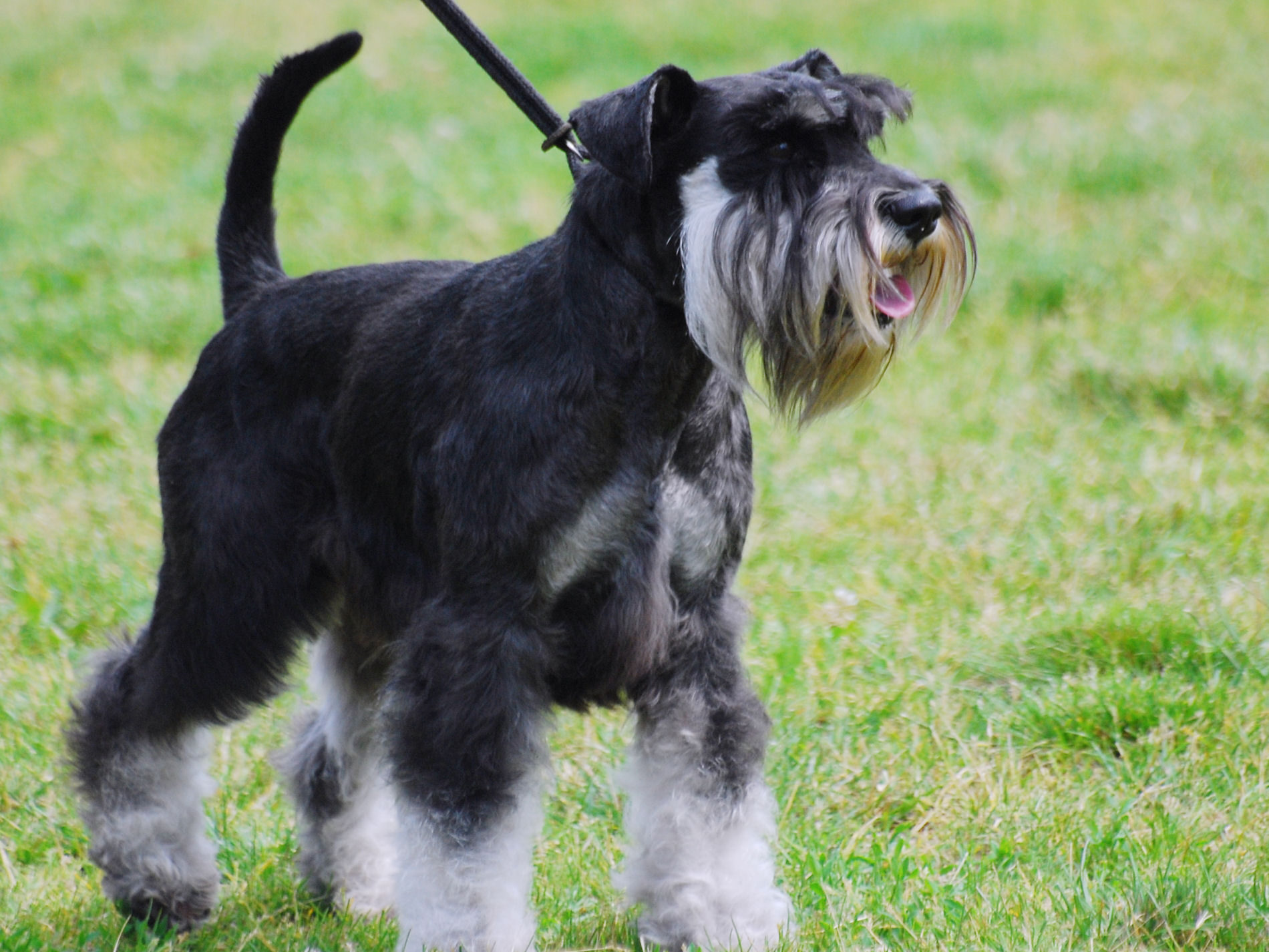
Mini Schnauzers are spunky, alert, and surprisingly trainable. They like routines, enjoy praise, and are naturally eager to learn new things. Their stubborn streak can come out if they’re bored, but when they’re engaged and motivated, they’re quick to pick up commands. They’re especially responsive to consistent, positive feedback and do well in homes where training is treated like play.
English Springer Spaniel
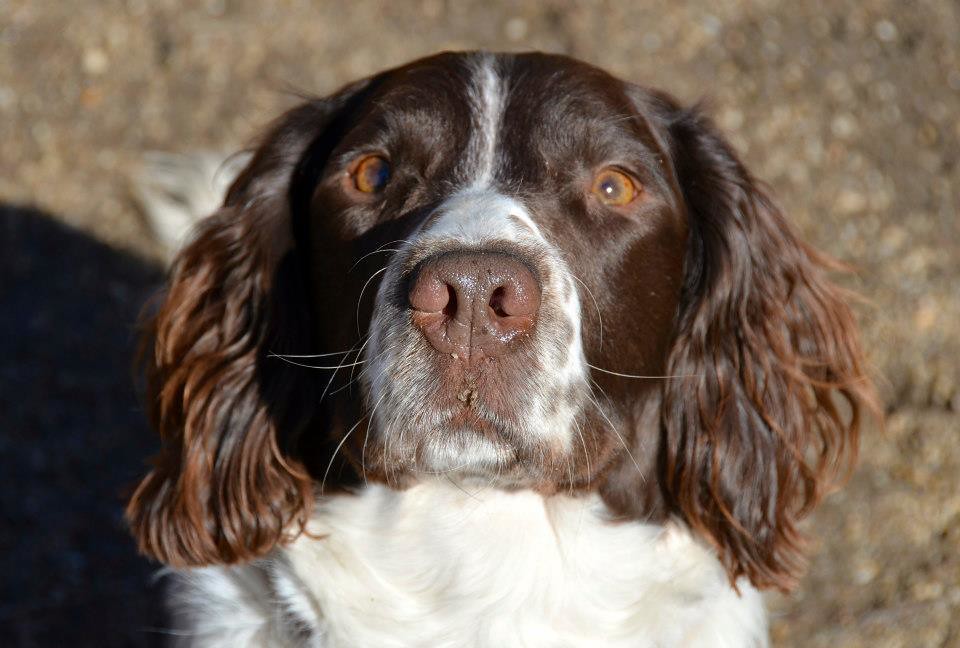
These cheerful dogs are people-oriented and love to stay close to their humans, which helps a lot during training. English Springer responds well to gentle, consistent direction and is always eager to please. Their friendly, outgoing nature makes them easy to handle in group classes or social settings. With the right tone and attention, they learn commands quickly and willingly.
Keeshond

Keeshonds are affectionate and smart, and they love being part of the family. They’re naturally obedient and learn fast with positive reinforcement, especially when training is kept fun and light. While they might not be as driven as a working dog, they’re very eager to make their people happy. This breed is great for owners who want a smart dog without the intensity of more demanding breeds.
Corgi (Pembroke Welsh)

Short legs, big brains. Corgis were originally bred to herd cattle, which means they have a strong work ethic and quick-thinking skills. They love training sessions, especially if they involve treats and lots of praise. They can be a little stubborn at times, but their eagerness to learn and bond with people makes them pretty easy to train overall. Just make sure they don’t try to herd the whole family.
Rottweiler
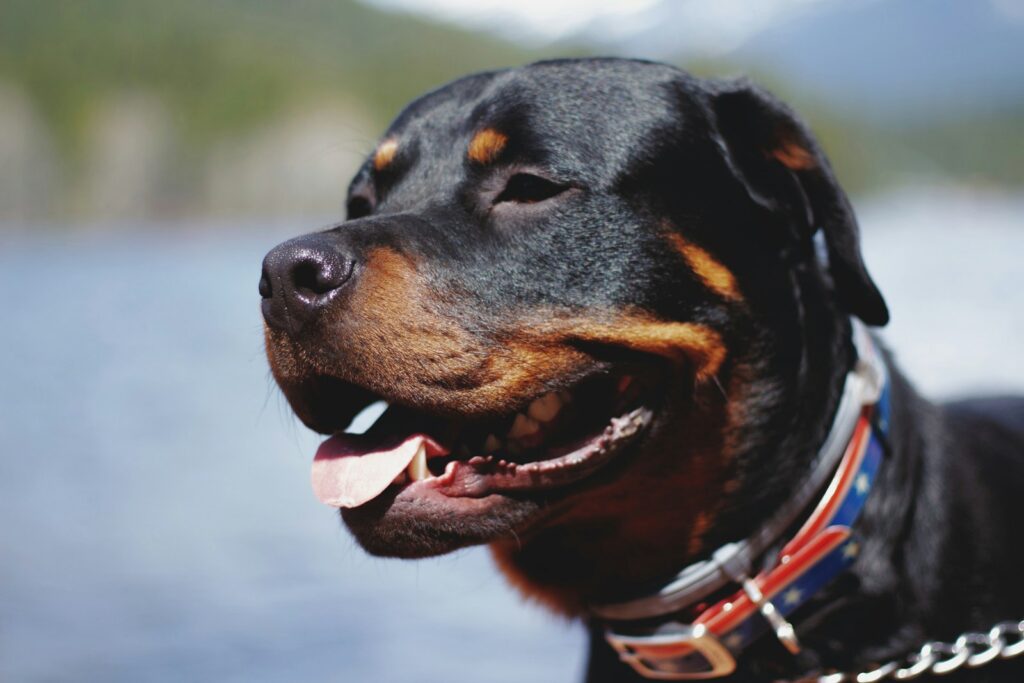
Despite their tough appearance, Rottweilers are intelligent and highly trainable when raised in a positive, structured environment. They’re loyal, focused, and love having a job to do, whether that’s obedience work, guarding, or advanced tricks. Early training and socialization are key, but with a confident handler, Rottweilers can become incredibly disciplined companions who take commands seriously and consistently follow through.





